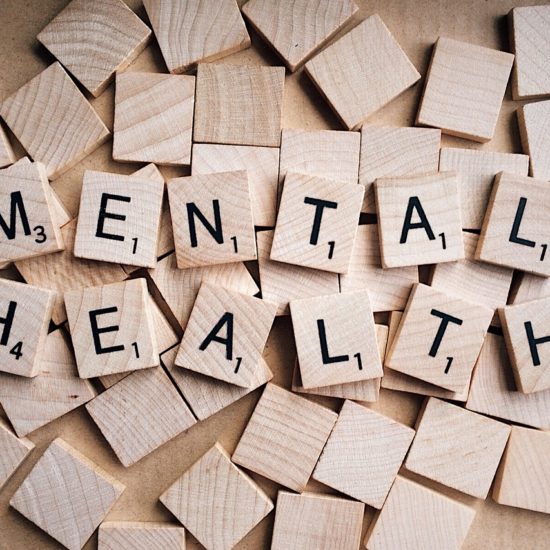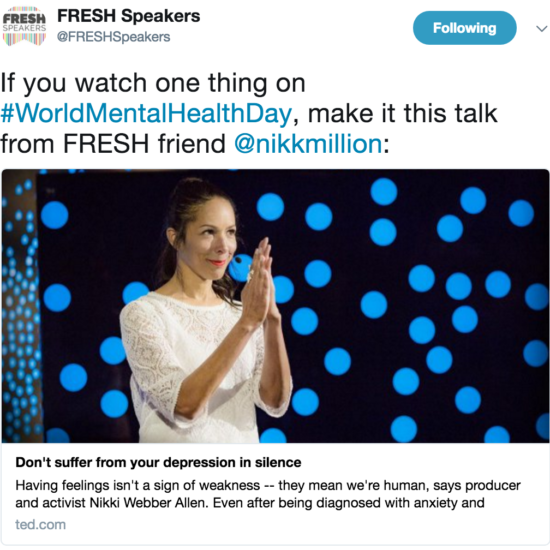
Source: http://www.pri.org/stories/2016-07-31/one-japan-s-most-popular-mascots-egg-crippling-depression
Lots of people are saying they’re depressed over the outcome of the 2016 elections. A low level anxiety about the future and feelings of deep concern over our country’s support for a new president who has expressed bigotry and misogyny has led to some people saying, “I’m so depressed.” But for those who have experienced severe clinical depression, every moment of life can be painful and it’s not caused by elections.
Indeed, some people have a genetic tendency for severe depression. But we cannot discount the impact of the externals environment on our state of emotions. How do people who are trying to exist in war-torn countries not feel depressed? And when daily stressors mount for the single mother who is trying to raise a family while living in poverty, is depression an avoidable state?
On January 12, 2017, at 1:00, HealthCetera producer Diana Mason, PhD, RN, talks with Dr. Edilma Yearwood, PhD, RN, a pscyhiatric-mental health nurse and Associate Professor in the Georgetown University School of Nursing and Health Studies, about depression and the factors that contribute to it. Dr. Yearwood notes that the World Health Organization has projected that depression will be the leading health problem worldwide by 2020, possibly as a result of greater awareness and diagnosis of the condition, but also because of deteriorating conditions in so many countries, such as Syria, Sudan, Nigeria, and others. Certainly, in the United States, persistent poverty and the anxiety that people are feeling about what is in store for our nation and its relationships with other nations, can lead to depression if people don’t pay attention to it and take actions to feel more in control of their lives. Such actions may include proactively developing social support systems that can provide venues for sharing how you feel, taking actions such as demonstrations around issues of concern, exercising, taking a news holiday and deliberating seeking out things that bring you joy. For people who are immobilized by their depression, Dr. Yearwood recommends talking with a health care provider, whether a social workers, primary care practitioner, or other individual to determine whether additional help is needed.
You can listen to the interview on WBAId, 99.5 FM in New York City and streaming at www.wbai.org. Or you can listen anytime by clicking here:
Podcast: Play in new window | Download (Duration: 27:48 — 31.8MB) Subscribe: RSS
HealthCetera is sponsored by the Center for Health, Media & Policy.







